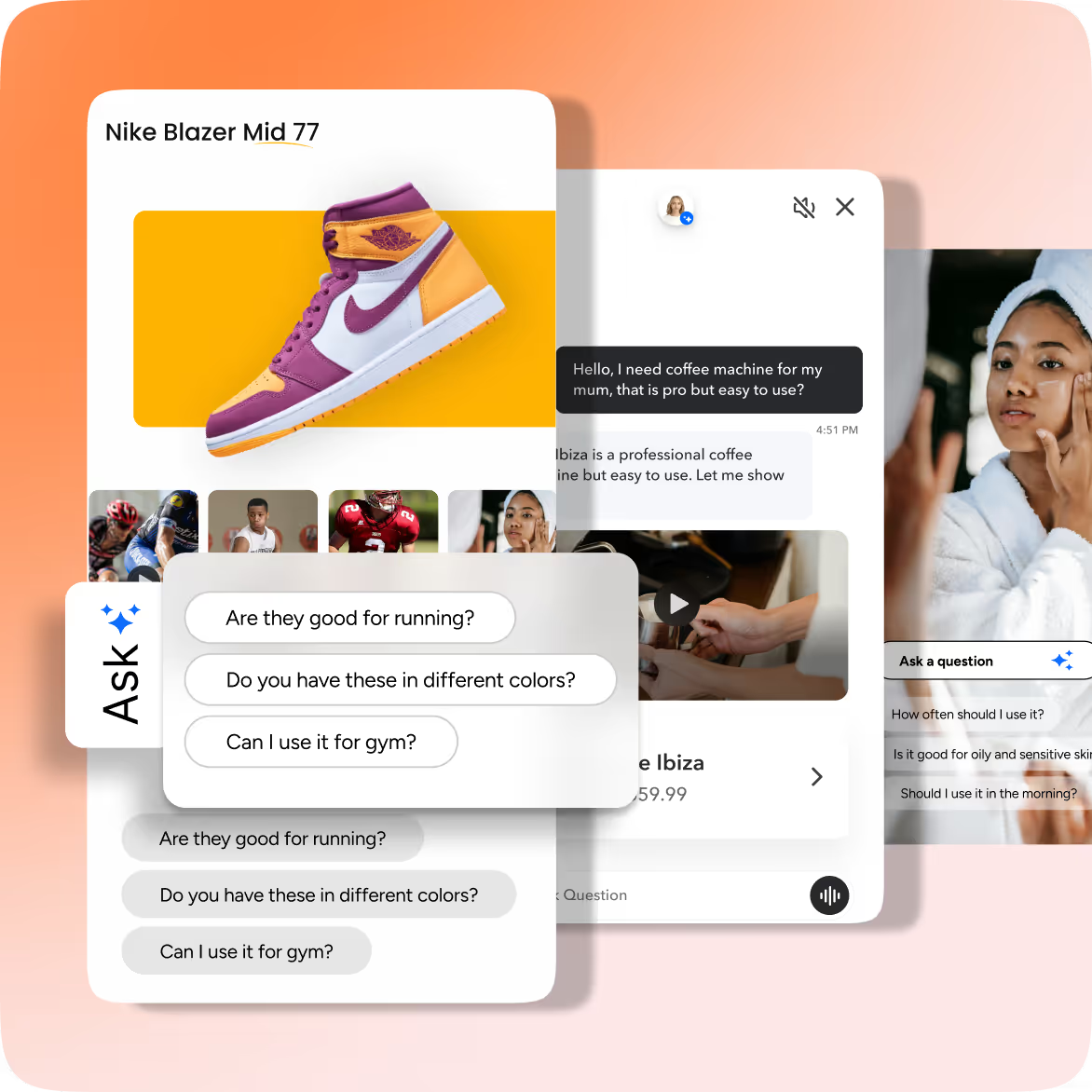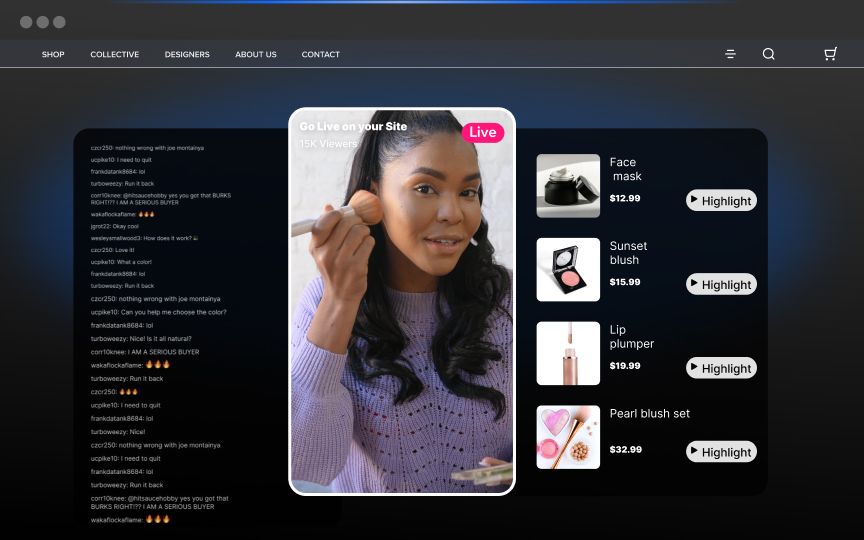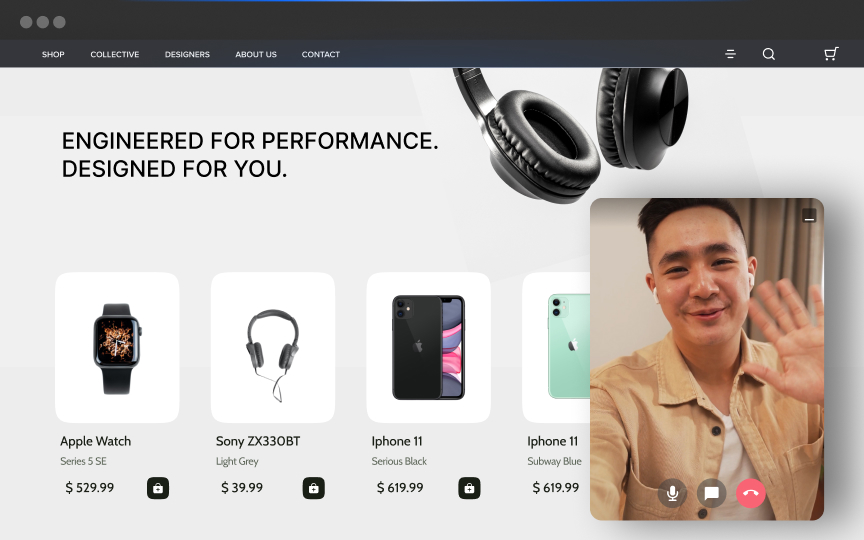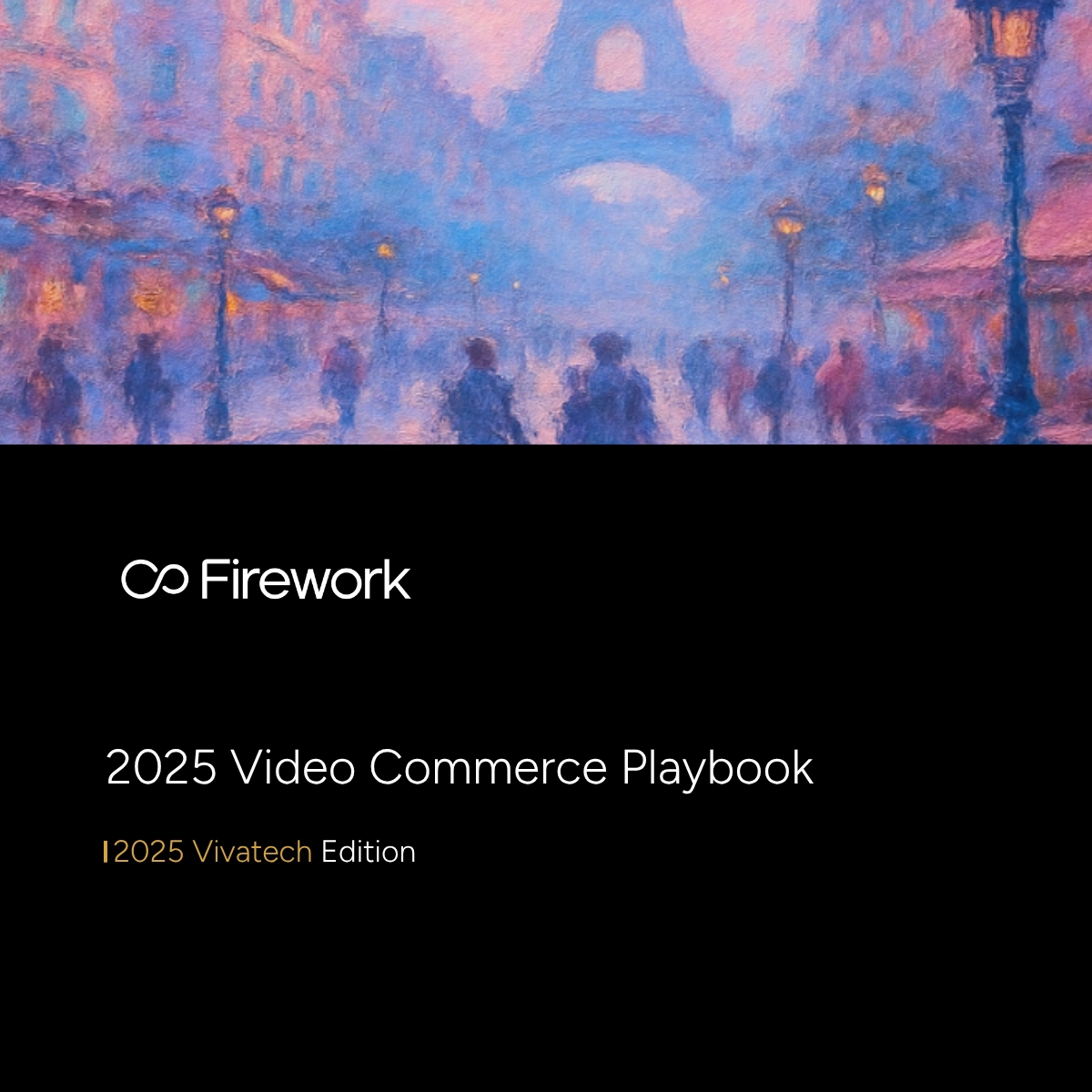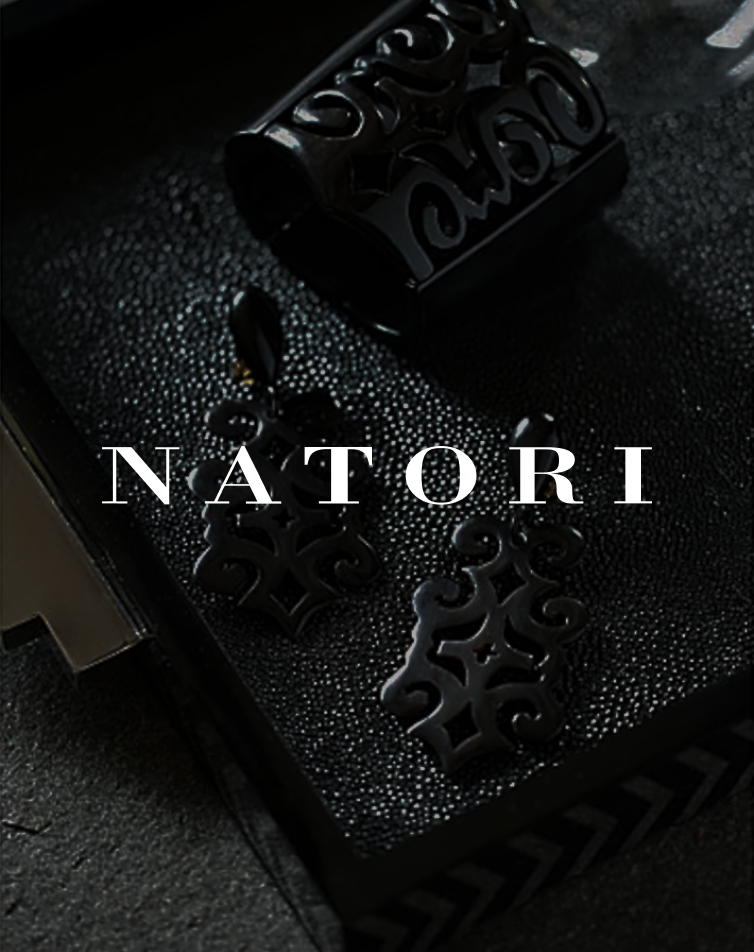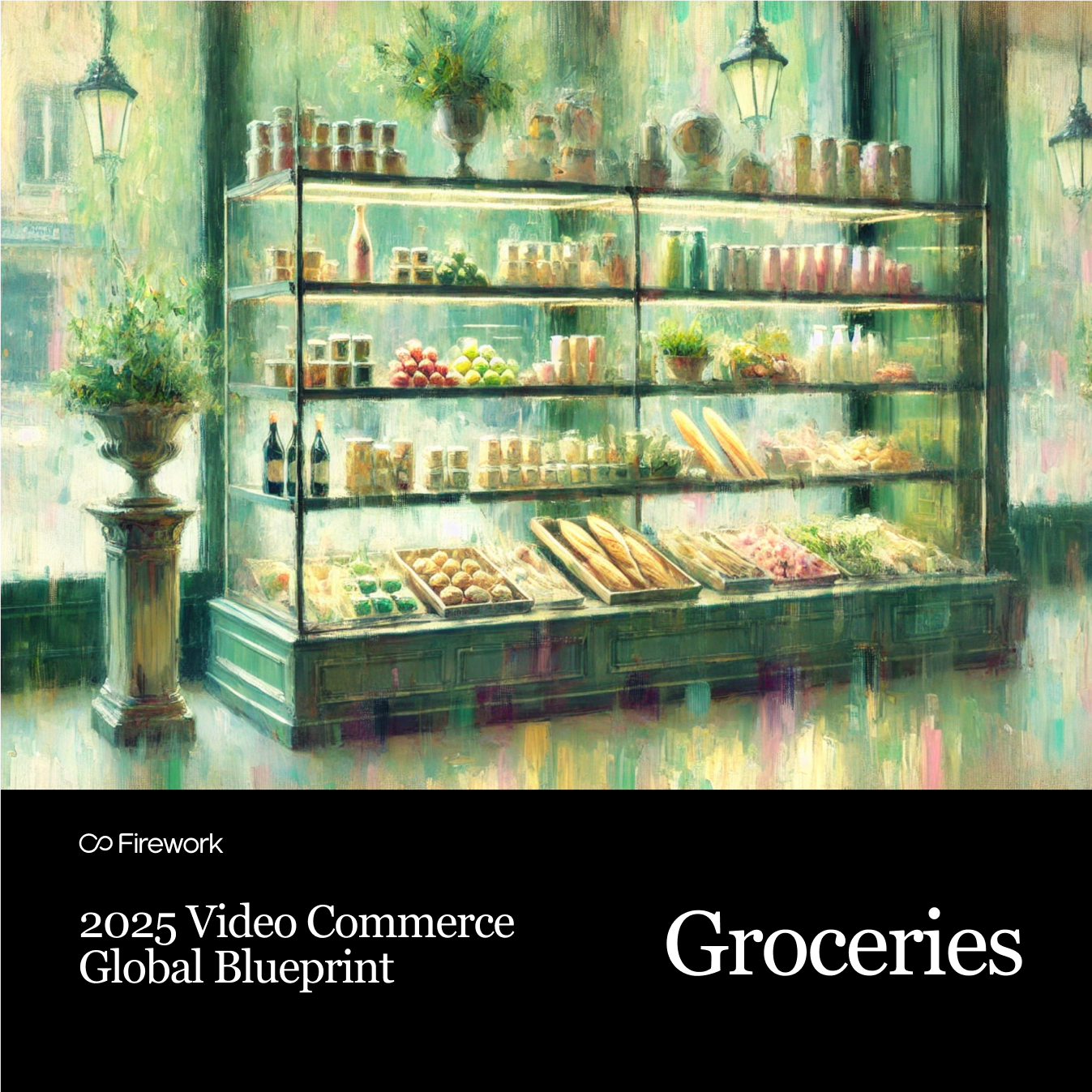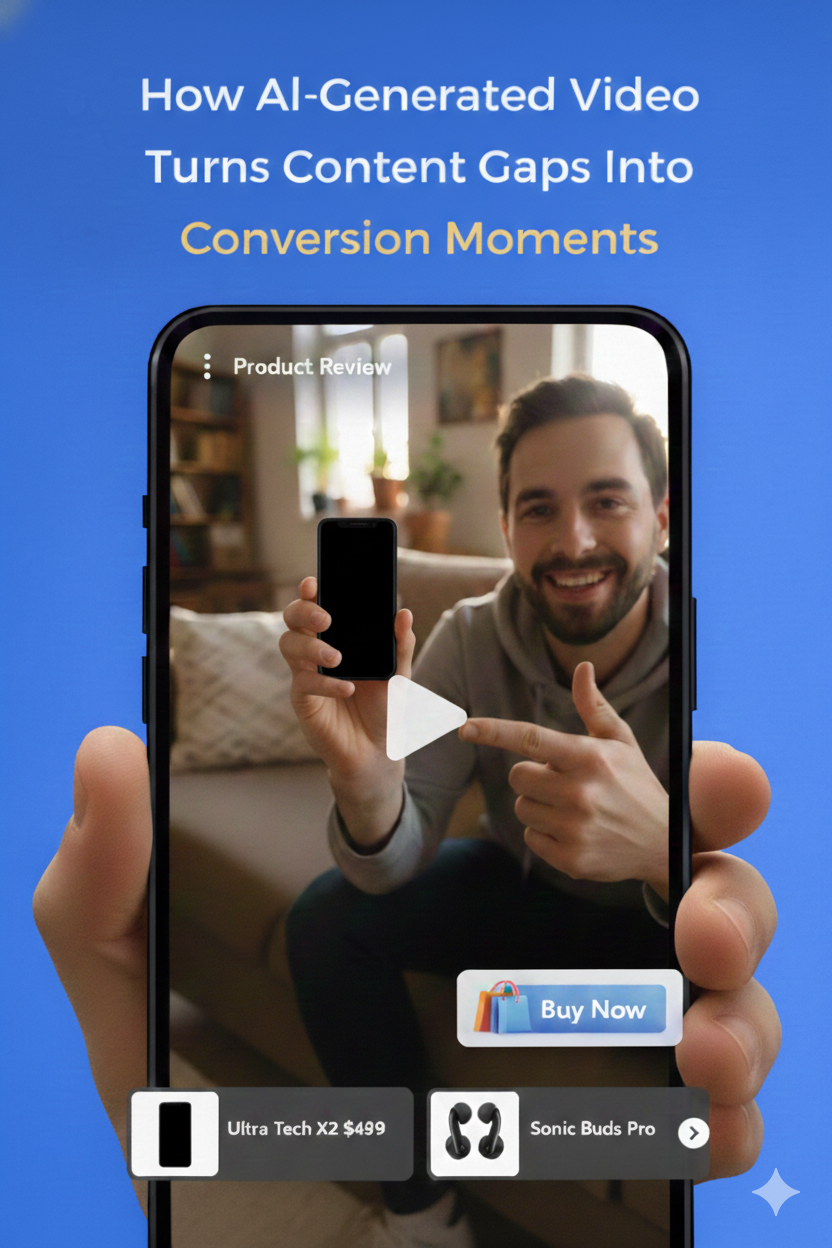Quibi Short Videos had a short-lived stint, ending operations just six months after launch in April 2020. We hope to provide some insight into what was Quibi within the larger short video and web stories landscape, and what this means for the future of short videos for publishers.
But first, before Facebook, there was MySpace. Before MySpace, there was Friendster.
While Friendster doesn’t exist today, in their heyday it was considered the next wave of social technology ahead of their time, but they also paved the way for the success of the social networking model that led to Facebook, LinkedIn & Twitter.
Enter Quibi (pronounced like “Libby”).
What is Quibi?
Quibi is a short-lived, recently shut down, short-video platform that was launched this year, by Jeffrey Katzenberg (founder DreamWorks Pictures) and Meg Whitman (former eBay CEO) with some of the biggest names in Hollywood:
Drawing on his deep well of relationships earned after more than four decades in Hollywood, Katzenberg recruited an amazing array of talent: Sam Raimi would produce a horror anthology; Idris Elba would star in a car-stunts show; Chrissy Teigen would put on judge’s robes and comically preside over a courtroom; Lena Waithe would make a show about sneakerheads; Anna Kendrick would anchor a comedy in which her character befriends her boyfriend’s sex doll; and the Kardashians would do a mock reality show featuring a mythical fraternal twin brother named Kirby Jenner. - Source: Vulture
While some of the biggest names in Hollywood, like Guillermo Del Toro, were visibly excited the app and Quibi’s future came to an abrupt halt when the executives behind the project -- Jeffrey Katzenberg and Meg Whitman -- announced its shutdown. But Quibi and its ambitious subscription model, stands in stark contrast to the hottest technology sector right now, short videos.
The young digital natives that Quibi courted are thriving in exactly the same kind of video platforms whether it’s Instagram’s recently announced Reels, or the newsier Snapchat Discover, or many more.
Where does Quibi fit in the short video landscape?
Here’s a quick comparison of what worked and what didn’t work around Quibi and it’s too-soon demise. There is a lot of misunderstanding on what exactly are short videos in the eyes of publishers these days, and they cater to different audiences within the burgeoning youth demographic.
FeatureSlideshow Model (Images, Video, Caption, etc.) Pure Short VideoSocial Platform Snapchat Discover, Google AMP Stories, etc. Snapchat Stories, TikTok, Instagram Reels, Quibi, etc. Type of Stories Breaking News, Feature Stories, think a visual representation of a media outlet (news, magazine, feature, etc.) Entertainment, Memes, Open or Closed? Both (Snapchat is within their platform, while Google AMP is for the open web) Closed Platforms Mobile or Desktop Both Mobile Publisher Site or Platform App Both (Google AMP Stories lend themselves to ease of publisher use) Social Platform App (like TikTok) Storytelling Yes, fits within a journalist’s narrative No, Standalone videos that are meme friendly SEO FriendlyYesNo, the content lives within siloed platforms Embed on apps, websites (mobile and desktop) Yes No
The above comparison shows us the landscape of short videos, and Quibi aimed to be the HBO within that universe. Professionally generated content by some of the biggest names in entertainment, but scaling content in a content world, depends on the platform you are on, and Quibi’s mobile app (despite some interesting innovations) didn’t get to network virality on time.
What Quibi proves beyond a doubt is the massive demand for videos, especially short videos, that is here to stay. Despite the fact that timing and the current pandemic, didn’t do them any favors. There is an alternative universe (pre-COVID) that might have allowed people on the commute or traveling to have taken a liking for Quibi’s content universe.
Again, this does not prove the model is dead. Au contraire, it shows us that there’s the possibility of a new Quibi, like Facebook, to learn from the failings of Quibi, the Friendster of professional short videos.
What does this mean for publishers?
Publishers are at an interesting juncture with success stories we covered recently like New York Times, Washington Post, who are on an innovation spree.
Short videos though, offer an opportunity to be the next Facebook -- that opens up an entire new audience of video-native youth to engage with short videos on your publishing platforms, directly with your creative team of journalists.
Check out our recent coverage on what makes web stories the best place for publishers to start.
What’s the next big short video platform?
Baron Rotschild, an 18th century British nobleman was attributed a quote: “The time to buy is when there’s blood on the streets.” A thought echoed by Warren Buffet, who insists on being a contrarian when it comes to his investments and pointing to the fact that if everyone agrees with your investment decision, then it’s not necessarily a good one.
And in social technology, this contrarian advice has proven to be true, as those in the know; know that a lot of this era’s biggest social innovation came out of a recession, whether it’s LinkedIn, Dropbox, Airbnb or Square. And we’re just getting started with Web stories and Short videos.
We are at the very early stages of the different types of short videos - think of it as the early days of Friendster and MySpace. We are still figuring out what’s the next big platform for short videos for publishers.
For now, we’re seeing innovation whether it’s on the open web (Google AMP Stories that recently upgraded their platform, our very own offering in this space) or in siloed innovative social media platforms (some aimed at Publishers like Snapchat Discover, and others aimed at creators like TikTok, Instagram Reels, and others).
Regardless of the audience or the content, it is clear that short videos are here to stay, and we’d love to keep talking to you about what works and what doesn’t work?
We'd love to hear from you on topics you’d love to hear about on modern publishing. Feel free to leave us a comment or say "Hi" on LinkedIn @fireworkhq or Twitter @fireworkhq.
Unlock Exclusive Insights
By submitting this form, you agree to Firework's privacy policy and consent to receive personalized marketing communications. You can unsubscribe at any time.
